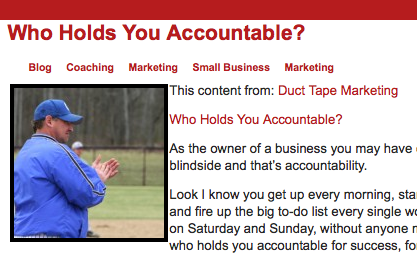Many bloggers have found ways to add some functionality and bling to their blogs with plug-ins – little add on scripts that extend a platform like WordPress.
Some of these such All-in-One-Seo Pack are under the hood tools helping with search optimization, some are on screen, like the Top Commentator Widget, extending commenting functions.
One neglected area of plug-in functionality is that of plug-ins designed to enhance the RSS feed. You blog’s RSS feed is very important to the overall health of the blog, but because most bloggers don’t experience their blog that way, the way that a majority of reader may, it mostly stays “right out of the box” vanilla.
Here are some practical suggestions for giving your RSS feed a makeover with your readers in mind.
1) Use Feedburner (now a Google property) – you can add some great things to your blog feed using FeedFlare so your readers who use a tool like Google Reader can use social bookmarking tools right in your feed.
All of these type of social media links can appear in your blog feed:

2) RSS Footer – this plug in lets you add some copy only to your RSS content in the header or footer of each post. There are several reasons you might do this, but the reason I do is it allows me to add: This content from Duct Tape Marketing with a link to my site so that all the folks that simply run my blog feed on their sites don’t have to go to the trouble to add my credit line – if you know what I mean
Here’s a shot of how this plays out on a blog running my content as it were their own:

Supplement – this plug in allows you to add all kinds of content to your feed. This might be useful for folks who want to encourage subscribers by offering premium content that non-subscribers don’t get to see.
Include pages in feeds – more and more folks, myself included, are adding pages as WordPress calls them, to add static type content or even build entire sites pages. This plugin allows you to include those pages in the rss feed instead of just blog posts. I’ve seen some nice uses of this where a blogger posts on a subject and then builds resources pages, for example, to support the topic in greater detail.

